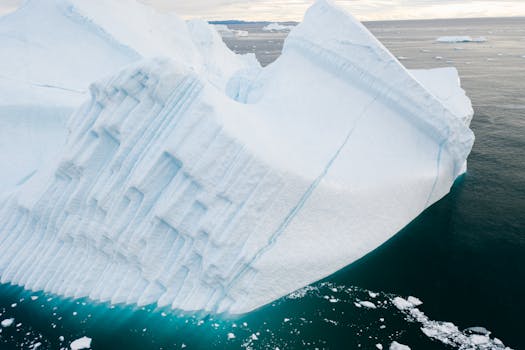
The Impact of Climate Change on Global Ecosystems
Introduction to Climate Change
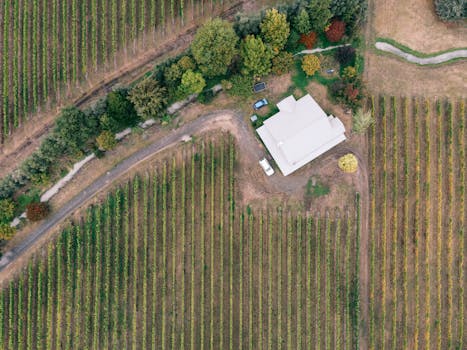
Climate change, caused by the increasing levels of greenhouse gases in the Earth’s atmosphere, is having a profound impact on global ecosystems. The effects of climate change are far-reaching, from rising temperatures to melting ice caps, and are affecting not just the environment, but also human health, economies, and societies. In this article, we will explore the impact of climate change on global ecosystems and what we can do to mitigate its effects.
Causes of Climate Change
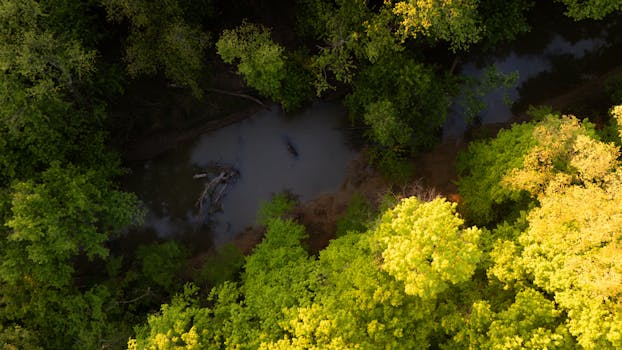
Climate change is primarily caused by human activities that release large amounts of greenhouse gases, such as carbon dioxide and methane, into the atmosphere. These gases trap heat from the sun, causing the Earth’s temperature to rise. The main causes of climate change include the burning of fossil fuels, deforestation, and land-use changes. The effects of climate change are being felt all over the world, from more frequent and severe weather events to changes in precipitation patterns and rising sea levels.
Effects of Climate Change on Global Ecosystems

The impact of climate change on global ecosystems is widespread and varied. Rising temperatures are causing melting of polar ice caps, glaciers, and sea-level rise, leading to more frequent and severe coastal flooding and erosion. Changes in precipitation patterns are affecting the distribution and abundance of plants and animals, while increased temperatures are altering the timing of seasonal events, such as migration and flowering. Climate change is also having a significant impact on human health, with increased temperatures and changing precipitation patterns leading to the spread of disease and heat stress.
Consequences of Climate Change
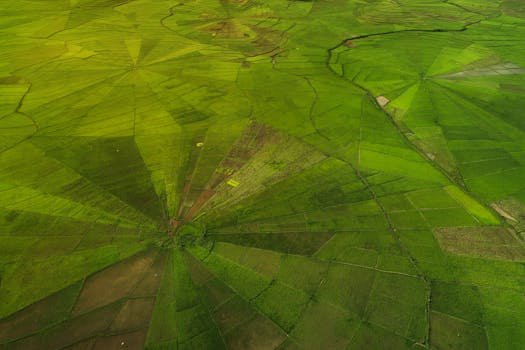
The consequences of climate change are far-reaching and can have significant impacts on human societies and economies. Climate change is projected to increase the frequency and severity of extreme weather events, such as hurricanes, droughts, and wildfires, which can have devastating effects on communities and ecosystems. Climate change is also expected to lead to significant changes in global food systems, with changing precipitation patterns and rising temperatures affecting crop yields and food availability.
Solutions to Climate Change

There are many solutions to climate change, from reducing our reliance on fossil fuels to protecting and restoring natural ecosystems. One of the most effective ways to reduce greenhouse gas emissions is to transition to renewable energy sources, such as solar and wind power. We can also reduce our carbon footprint by increasing energy efficiency, using public transport, and carpooling. Protecting and restoring natural ecosystems, such as forests, wetlands, and oceans, can also help to mitigate the effects of climate change by absorbing carbon dioxide from the atmosphere.
Conclusion
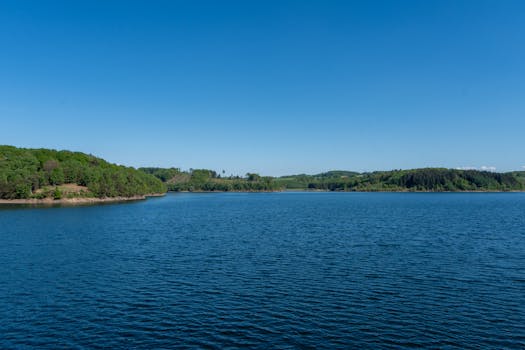
In conclusion, the impact of climate change on global ecosystems is significant and far-reaching. The effects of climate change are being felt all over the world, from more frequent and severe weather events to changes in precipitation patterns and rising sea levels. However, there are many solutions to climate change, from reducing our reliance on fossil fuels to protecting and restoring natural ecosystems. By working together, we can mitigate the effects of climate change and create a more sustainable future for all.







3 thoughts on “The Impact of Climate Change on Global Ecosystems”
Comments are closed.